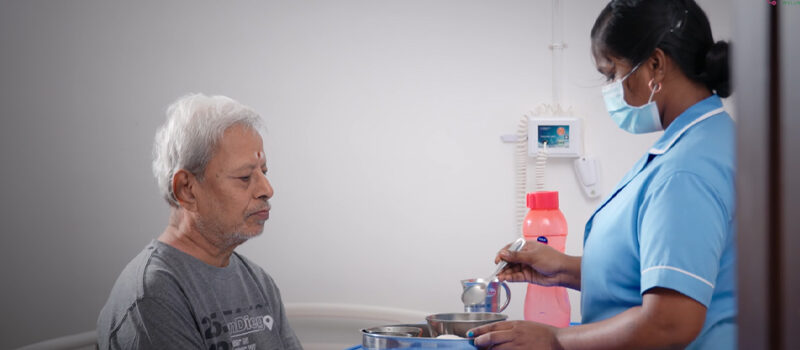When a loved one requires advanced medical care and daily support, selecting the right skilled nursing facility becomes a critical decision. With so many options available, understanding what to look for can help ensure your family member receives the best possible care. This guide walks you through the key factors to consider when choosing a skilled nursing facility.
Step 1: Assess Your Loved One’s Needs
Before starting your search, evaluate the level of care your family member requires. Consider:
- Medical needs: Do they require specialized care for a chronic illness, post-surgical recovery, or rehabilitation?
- Daily assistance: Do they need help with dressing, bathing, or mobility?
- Therapy services: Will they benefit from physical, occupational, or speech therapy?
- Cognitive care: Do they have memory-related conditions such as dementia or Alzheimer’s?
Understanding these needs will help you find a skilled nursing facility that provides the right level of care.
Step 2: Research and Compare Facilities
Once you have a clear understanding of your loved one’s requirements, start researching potential skilled nursing facilities. Look for:
- Accreditation and licensing: Ensure the facility is licensed and certified by the appropriate health authorities.
- Reputation and reviews: Read online reviews, testimonials, and ratings from current or past residents and families.
- Specialized care options: If your loved one has a specific condition, confirm that the facility offers specialized programs for it.
Step 3: Visit the Facility in Person
An in-person visit is essential to get a firsthand look at the environment and quality of care. When touring a skilled nursing facility, pay attention to:
- Cleanliness and hygiene: The facility should be well-maintained and free of strong odors.
- Staff interactions: Observe how staff members treat residents—are they respectful, patient, and attentive?
- Resident engagement: Look for social activities, group programs, and opportunities for residents to stay active.
- Safety measures: Ensure there are secure entrances, handrails, emergency call systems, and fall-prevention measures.
Step 4: Ask Important Questions
When meeting with administrators or nursing staff, ask:
- What is the staff-to-resident ratio?
- What types of medical professionals are on-site, and how often are doctors available?
- How are care plans customized for each resident?
- What rehabilitation and therapy services are provided?
- How are medications managed and administered?
- What is the visitation policy for family members?
- Are there additional costs for specialized care or services?
Step 5: Review Cost and Insurance Coverage
Skilled nursing facility costs vary based on location, level of care, and additional services. To avoid unexpected expenses:
- Get a detailed breakdown of costs for room, board, medical care, and therapy services.
- Check insurance coverage to see if private insurance, Medicare, or Medicaid can help cover expenses.
- Ask about financial assistance options if the costs seem overwhelming.
Step 6: Monitor and Reevaluate Care
Even after choosing a skilled nursing facility, continue monitoring your loved one’s well-being. Regular visits and open communication with staff can help ensure they receive the best care possible. If any concerns arise, address them with the facility’s administrators.
Conclusion
Selecting the best skilled nursing facility for your family member requires careful research, on-site visits, and thoughtful questions. By evaluating medical services, staff quality, safety measures, and financial considerations, you can find a facility that provides compassionate and professional care for your loved one.
Taking the time to choose the right skilled nursing facility will give you peace of mind and ensure your loved one’s health, comfort, and dignity are prioritized.
